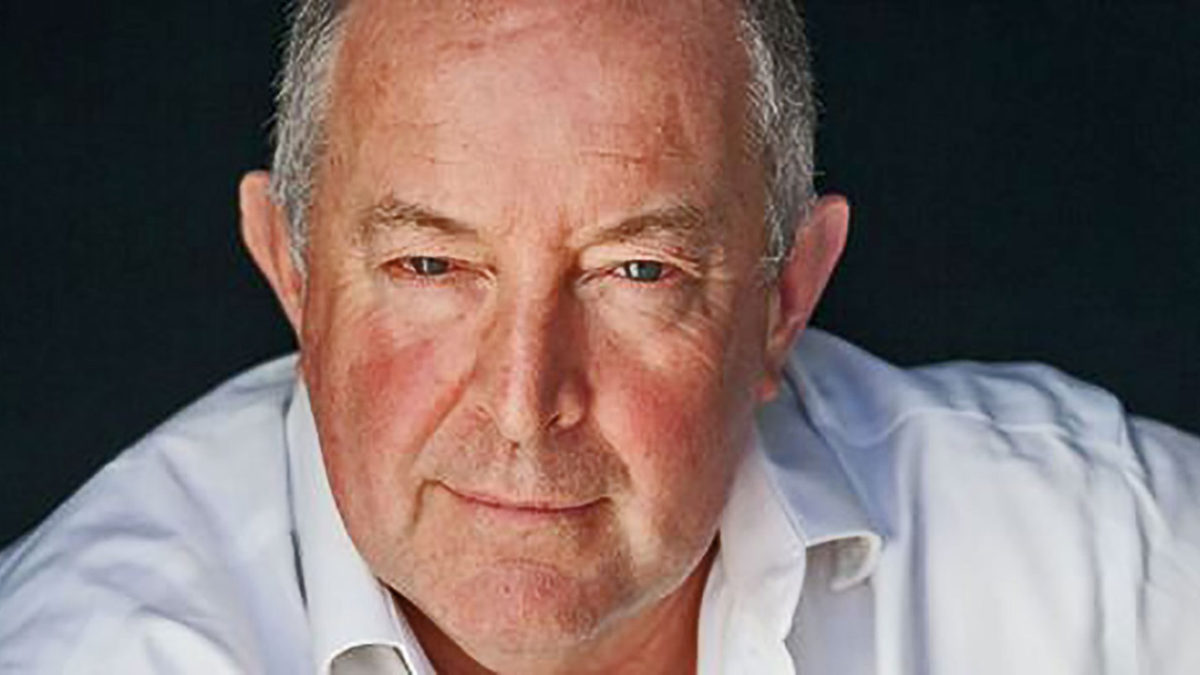Why 2030 is closer than you think
Michael Power, the high-profile head of strategy for global fund manager Ninety One – formerly Investec Asset Management – presided over a research project last year, called ‘The Road to 2030’. He now says: “2030 is closer than you think.”
Power spoke at an investor webinar last month (February 16) in which he laid out the five major themes which emerged from the research. They are: the proliferation of debt around the world; the demographic trends impacting on investments; climate change and its effects and opportunities; technological disruption; and, the rise of China.
Power said that the themes would become very clear this year, if they were not already so. “It’s all about the discovery of a new world, just as Marco Polo did when he ‘discovered’ China in the east of Europe, which prompted Christopher Columbus to head west and discover the great continent of North America in 1776.
While there had been many turning points in history since 1776, Power, who is based in Ninety One’s headquarters in Cape Town, put the current period as being up there with the other crucial periods in the centuries which had gone before us.
For instance, China would become the largest economy in the world by 2025, which was earlier than most people had predicted, but would lose its crown as the world’s most populous nation to India around 2026.
The pandemic had “fast-forwarded history”, he said, and last year was “a year of crystallisation”. Prior to COVID, the US expansion was boiling over, and Europe and Japan had started to move into higher gear.
With the use of the unorthodox ‘Modern Monetary Theory’, or “just printing money”, negative real or even nominal interest rates were starting to poison the price of risk, preventing savers from retiring on a yield-based income and causing ‘zombification’ of the industrial and service sectors.
“Eventually, western currencies will fall against eastern ones, risking imported inflation being bled into western price structures… Modern Monetary Theory will turn from the saviour to the villain. It will prove as illusory as a Magic Money Tree,” Power said.
In the world of technological developments, “there are things happening that take my breath away”, he said. “I think it’s not a digital revolution, it’s a renewable energy revolution.” China was no longer behind the US in spending on technology; it was outspending the US on R&D.
With climate change, the green hope was now being realised as green profitability. “If you really want to see what’s happening in the electric vehicles field, watch China. By comparison, Tesla is only interesting, particularly its share price… The reach (supply grid) of the average power station in China was now 43 times larger than that for the average power station in the US.” This was primarily due to advances in battery storage.
Due to the demographics of low population growth and ageing populations it was becoming next to impossible for a western economy to growth by more than 2 per cent a year.”
Power said that Asia, collectively, was entering its savings phase. “We [investors] have to go where the savings are. The East is now both the source and application of the marginally saved dollar… China aims to double its per-capita GDP by 2035.”
He said that global decision making in investments was at a turning point. The traditional home bias of big asset owners was “simply a cop out”. The growth versus value debate was a “distraction”. And currency was becoming more important as an asset class in itself.
“Investors globally will have to pay more attention to comparative country risk. Avoiding China and the Chinese bloc will become an increasingly costly choice.”
Power said: “This will be a tough decade for the West. I don’t think we’ll shake off the effect of COVID for another five years… It would take a lot for me to look outside of Asia for opportunities.”










